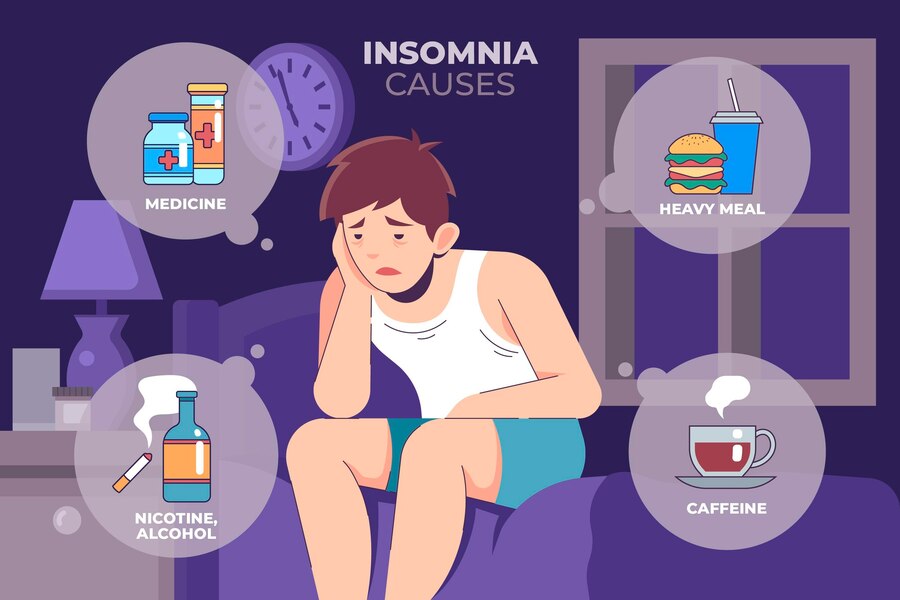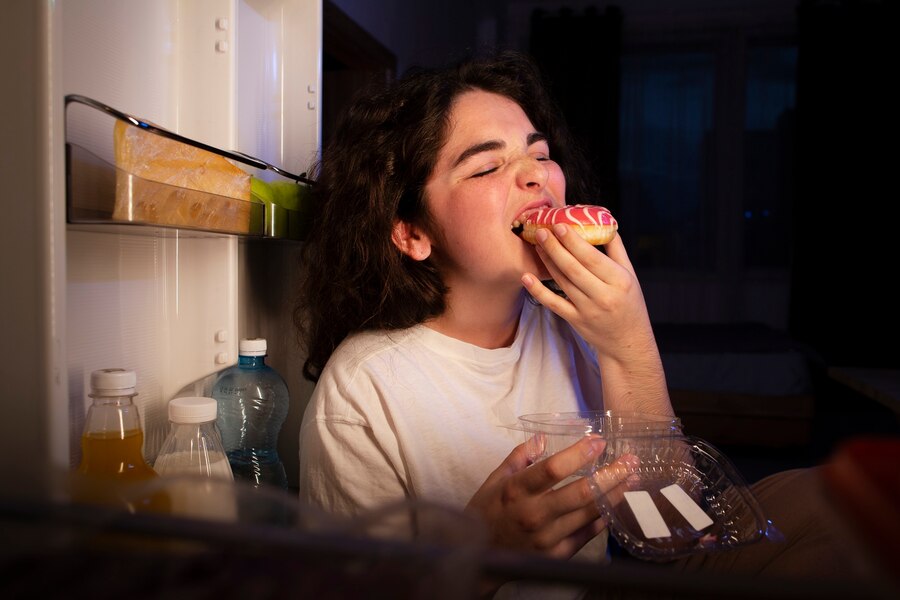Can CBD Help Reduce Cravings and Withdrawal Symptoms?
Table of Contents
Addiction is a complex condition that affects the brain and behavior, often leading to compulsive substance use despite harmful consequences. Recovery is a long journey that includes dealing with powerful cravings and uncomfortable withdrawal symptoms. More people are turning to natural alternatives to support their healing process—and one promising aid is cannabidiol (cbd roll on for pain). But can CBD actually reduce cravings and withdrawal symptoms? Let’s explore the research, how it works, and what real users are saying.
Understanding Cravings and Withdrawal
Cravings are intense desires to use a substance, triggered by emotional cues, environmental factors, or even physical sensations. Withdrawal symptoms, on the other hand, are the physical and psychological effects experienced when someone stops using a drug after prolonged use. These can include:
- Anxiety and depression
- Insomnia
- Irritability
- Headaches and nausea
- Sweating or shaking
- Restlessness
These symptoms vary depending on the substance—whether nicotine, alcohol, opioids, or stimulants—and they are often the biggest hurdle in recovery. This is where CBD’s potential to reduce cravings and withdrawal symptoms comes into the spotlight.
What Is CBD and How Can It Help?
CBD, short for cannabidiol, is a non-psychoactive compound found in hemp and cannabis plants. Unlike THC, it doesn’t create a “high.” Instead, it interacts with the endocannabinoid system (ECS), a network of receptors in the brain and body that helps regulate mood, stress, pain, and more.
Here’s how CBD may help reduce cravings and withdrawal symptoms:
1. Anxiety and Stress Reduction
CBD has been shown to reduce anxiety by interacting with serotonin receptors, which can help manage stress-related cravings and make withdrawal easier.
2. Improved Sleep
Insomnia is a common withdrawal symptom. CBD may help promote more restful sleep, which is essential for mental clarity and emotional resilience during recovery.
3. Mood Stabilization
Depression and irritability are common during detox. CBD’s potential antidepressant and anti-inflammatory effects can help stabilize mood swings.
4. Reduced Cravings
Studies suggest CBD may affect brain areas involved in craving cycles, including the amygdala. By modulating reward signals, CBD could help reduce the urge to relapse.
5. Neuroprotection
CBD has antioxidant and neuroprotective properties, which may support brain health after long-term substance use.
Scientific Evidence: What Does the Research Say?

The scientific community has taken notice of CBD’s potential in addiction recovery. Some key findings include:
- A 2019 study published in The American Journal of Psychiatry found that CBD significantly reduced cue-induced cravings and anxiety in individuals with heroin use disorder. Effects lasted up to a week after the last dose.
- A 2021 review in Frontiers in Psychiatry concluded that CBD may help with cravings, withdrawal symptoms, and relapse in opioid, tobacco, and alcohol addiction.
- Preclinical studies in animal models have shown that CBD can reduce cocaine and methamphetamine cravings, though more human studies are needed.
While promising, it’s important to note that CBD is not a cure for addiction. It should be seen as a complementary tool used alongside therapy, counseling, and a structured recovery plan.
Best Ways to Use CBD for Cravings and Withdrawal

If you’re considering CBD as a recovery aid, here are the most effective ways to take it:
- CBD Oil or Tinctures – Sublingual drops offer quick absorption and dosage control.
- CBD Capsules or Softgels – Great for steady, long-term dosing.
- CBD Gummies – Easy to consume and discreet, though slower to act.
- CBD Vape or Inhalers – Fast-acting for immediate relief but not ideal for lung health.
- Topicals – Helpful for physical symptoms like muscle pain or tension during detox.
Always start with a low dose and increase slowly. It’s crucial to consult a healthcare provider before starting, especially if you are already on medications or in a recovery program.
Real Stories: How People Use CBD in Recovery
“Quitting smoking was brutal until I added CBD to my daily routine. It really took the edge off the cravings and helped me feel more grounded.”
– Jamie P., Colorado
“After detoxing from alcohol, I dealt with horrible anxiety and insomnia. CBD oil helped me sleep through the night for the first time in weeks.”
– Carlos D., Florida
“I still attend support meetings and therapy, but CBD has made a big difference in keeping my triggers manageable.”
– Nia S., Oregon
FAQs About Using CBD to Reduce Cravings and Withdrawal Symptoms
1. Can CBD stop cravings completely?
CBD may reduce the intensity and frequency of cravings, but it’s not a guaranteed solution. It works best when combined with professional treatment and lifestyle changes.
2. Is CBD addictive?
No, CBD is not addictive and has no psychoactive effects. It is generally considered safe for long-term use.
3. How long does it take for CBD to help with withdrawal?
Some people feel relief within 30–60 minutes, while others may take a few days of consistent use to notice effects. Results vary depending on the person and the substance.
4. Can CBD be used during detox?
Yes, but it’s important to consult with your doctor or recovery specialist, especially if you’re undergoing a medical detox or taking other medications.
5. Are there any side effects of using CBD for recovery?
Most people tolerate CBD well, but some may experience fatigue, dry mouth, or slight changes in appetite. Always start with a small dose and monitor how your body responds.
Final Thoughts
CBD is showing real promise as a natural tool to reduce cravings and withdrawal symptoms, helping people feel calmer, more focused, and better able to stay on the path to recovery. While it’s not a standalone cure for addiction, CBD may offer supportive relief during one of the most difficult phases—detox and early sobriety.
If you’re considering CBD as part of your recovery plan, always consult a healthcare professional and choose high-quality, lab-tested CBD products for safety and effectiveness.








